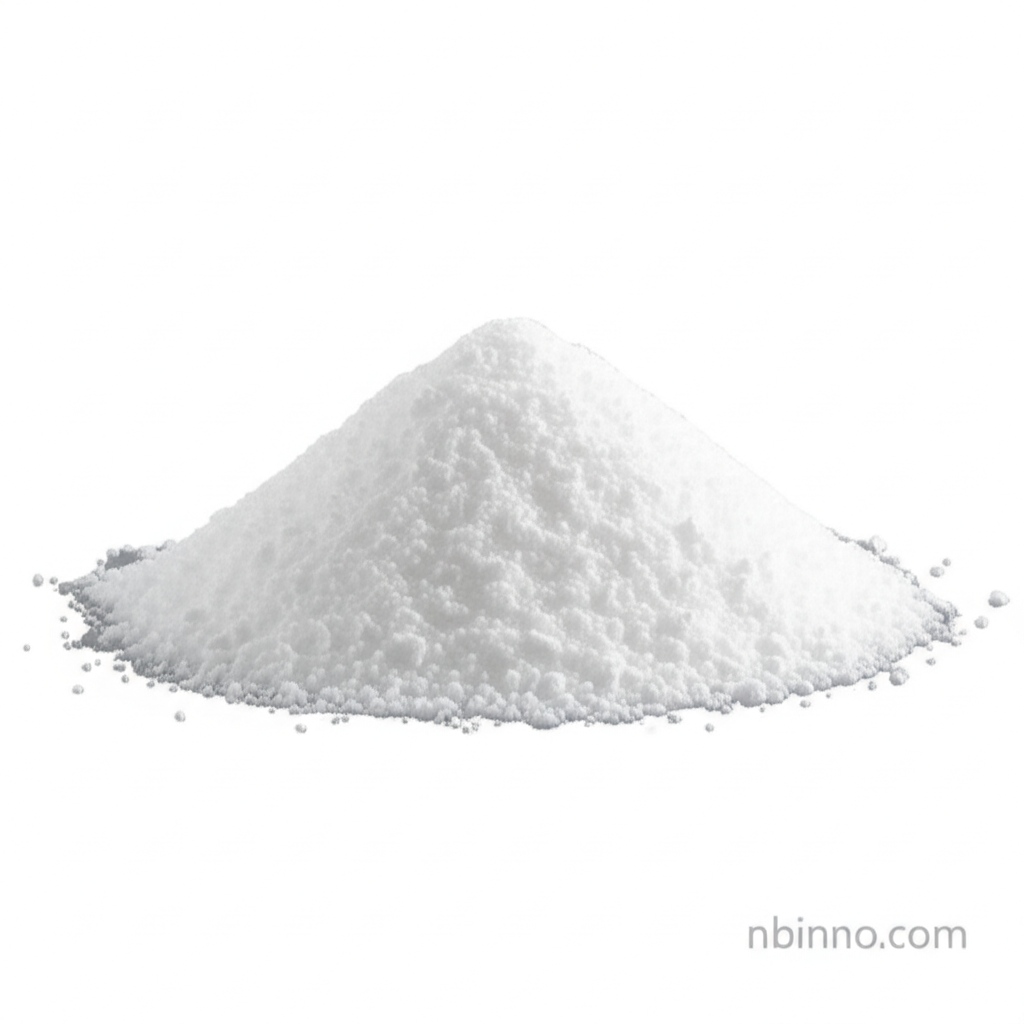Propyl 4-Hydroxybenzoate: A Versatile Preservative
Discover the science behind this essential ingredient in cosmetics, food, and pharmaceuticals.
Get a Quote & SampleProduct Core Value

Propyl 4-Hydroxybenzoate
Propyl 4-Hydroxybenzoate, commonly known as Propyl Paraben (CAS 94-13-3), is a highly effective antimicrobial agent that serves as a crucial preservative in a wide array of consumer products. Its ability to prevent the growth of bacteria, mold, and yeast contributes significantly to product longevity and safety.
- Utilizing its preservative properties, Propyl 4-Hydroxybenzoate extends the shelf life of various food items such as tortillas and baked goods.
- The cosmetic grade of Propyl Paraben makes it a staple in skincare and haircare formulations, ensuring product integrity.
- Investigating the safety of CAS 94-13-3 applications reveals ongoing discussions regarding endocrine disruptor concerns.
- The demand for cosmetic grade propylparaben highlights its importance in personal care product manufacturing.
Key Product Advantages
Extended Shelf Life
Propyl 4-Hydroxybenzoate uses its potent antimicrobial action to inhibit spoilage, thereby prolonging the usability of food and cosmetic products.
Broad Efficacy Spectrum
This compound is effective against a wide range of microorganisms, offering robust protection and contributing to the overall safety profile of products where it is used.
Chemical Stability
The stability of Propyl Paraben across a wide pH range and at room temperature makes it a reliable choice for formulators seeking consistent preservation.
Key Applications
Cosmetics Industry
Propyl Paraben acts as a preservative in moisturizers, shampoos, conditioners, and makeup, protecting against microbial contamination and supporting the effectiveness of cosmetic grade propylparaben.
Food Industry
Used as a food additive (E216), it helps preserve baked goods, jams, and beverages, contributing to the safety and longevity of these products.
Pharmaceutical Sector
It is incorporated into various pharmaceutical preparations like pills, syrups, and eyewashes to maintain their efficacy and prevent microbial degradation.
Research and Development
Studies exploring CAS 94-13-3 applications have also revealed potential anticonvulsant activities, opening avenues for new medicinal developments.
